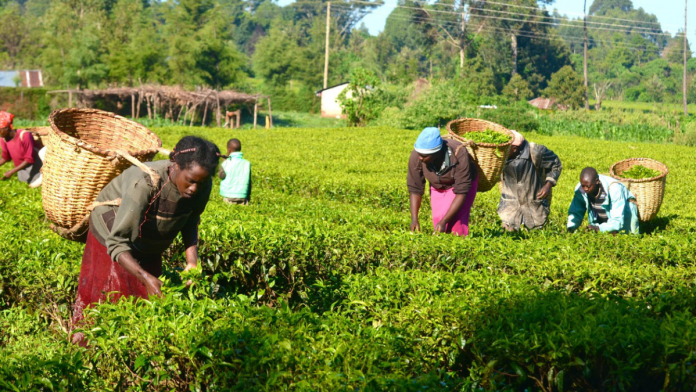News in brief: The UK government plans to support Nigeria’s agricultural sector with a £55 million contract and a £2.9 million grant for sustainable practices, aiming to boost productivity and resilience. It also includes a £10 million fund for climate-friendly infrastructure projects to address the adverse effects of climate change, such as flooding.
The government of the United Kingdom has unveiled plans to support Nigeriaâs agricultural sector. According to a Reuters report, it includes a new package to make the sector more climate resilient.
British Foreign Minister, James Cleverly, disclosed the plan through a statement from his office, following a visit to Nigeria this week. Per the statement, the West African nation will receive a £55 million contract to help transform its rural economy. It also includes a £2.9 million grant to support more than 4 million people in adopting and scaling up sustainable agricultural practices.
The minister said that the aim is to put green, clean measures, in place both in agricultural and infrastructure development. He added that the idea involves creating climate-resilient solutions for global challenges that the world face now and for years to come.
The new funding is expected to boost productivity and resilience in Nigeriaâs agriculture sector while helping to develop heat and flood tolerant crops, and increasing soil fertility.
Cleverly will still meet with key government officials to discuss positive future of partnerships and unveil a £10 million pound to provide funding for climate-friendly infrastructure projects.
The adverse effects of climate change have caused natural disasters in Nigeria in recent times. For example, the country experienced one of the worst flooding in at least a decade in 2022 which damaged homes, infrastructure and large areas of farmland across the country. More than 600 people died and an estimated 2.8 million people were displaced from their communities. It was responsible for heightening food crisis in Nigeria, according to international aid groups.



